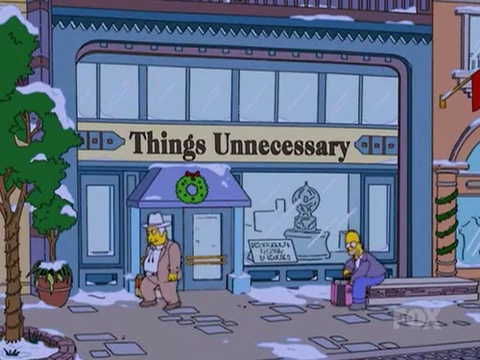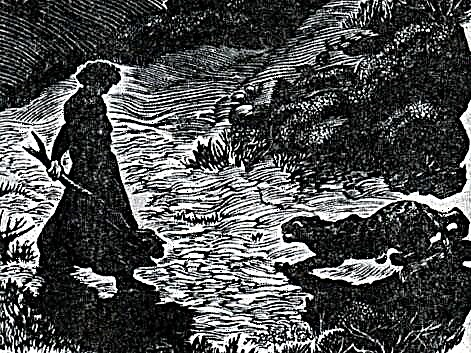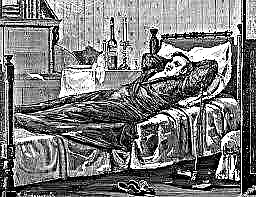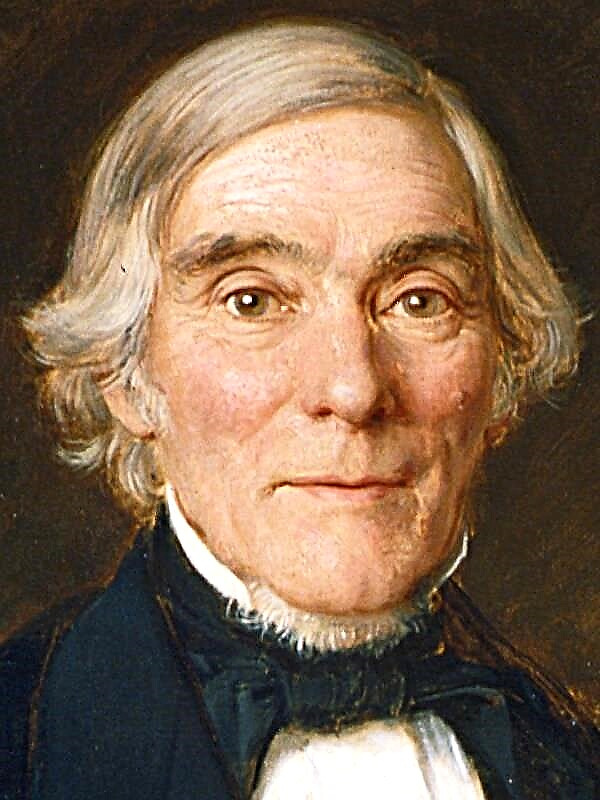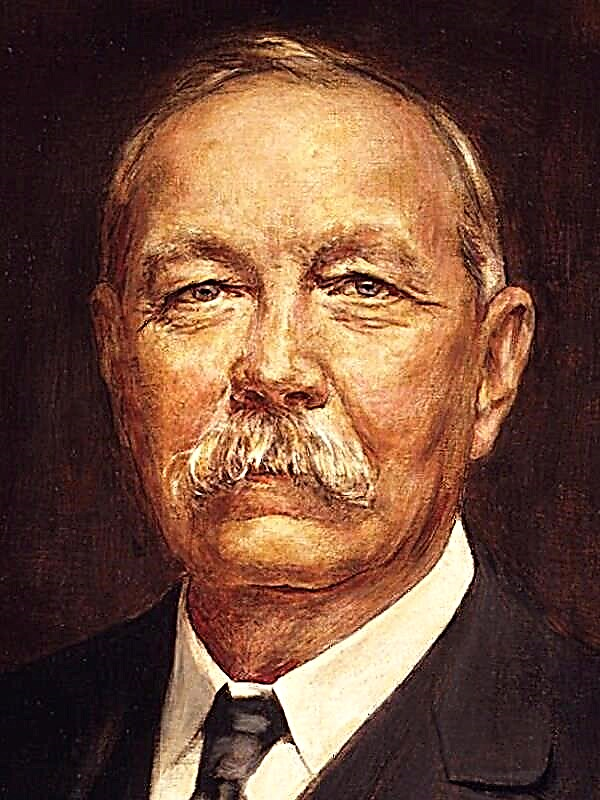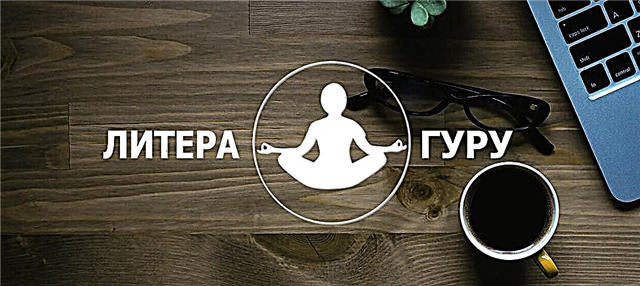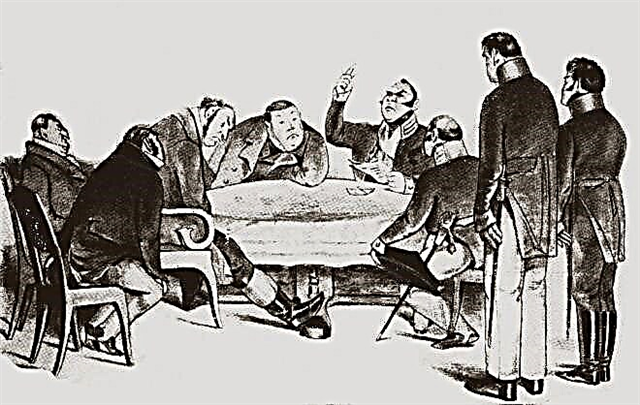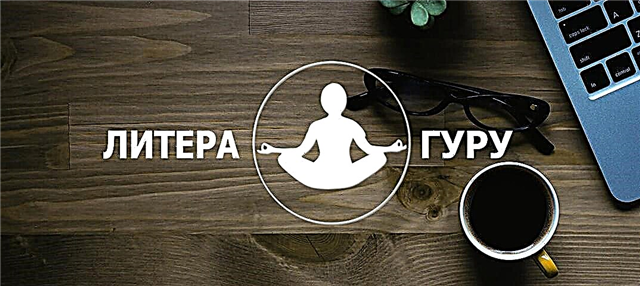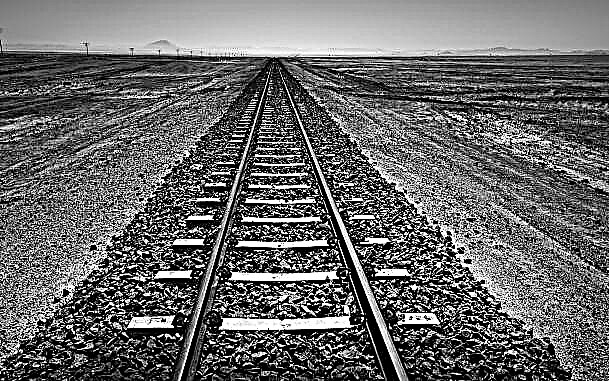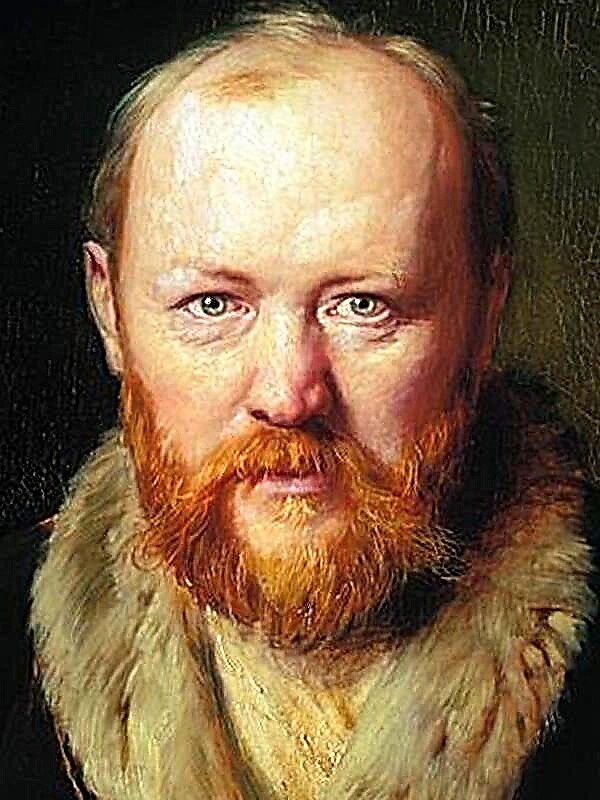(353 words) Touching upon the theme of the Patriotic War against Napoleon in his epic novel “War and Peace,” Tolstoy could not help but touch upon such a topic as the patriotism of the Russian people, and the way in which each estate manifests itself in times of danger and deprivation threatening destroy Russia.
In the beginning, the writer tells us about the war in Europe, even before World War II. And almost immediately we see a monstrous split in society. The overwhelming majority of the Russian nobility admires Napoleon, only verbally supports their country, in fact, it seeks only to satisfy their ambitions and maintain patrimonial privileges. The war in Europe becomes even more absurd when the reader is transported to Austria. Soldiers sent to fight in a faraway country for interests alien to them do not even understand with whom they are fighting. War on a foreign land makes no sense to Tolstoy. He sees a truly great feat only in protecting his own country from foreign invaders. When a war is waged by the will of politicians, it loses its meaning, turning into a bloody massacre. Not surprisingly, the Russian army ultimately suffers a crushing defeat.
However, already in 1812 the situation was completely different, Napoleon’s troops invade the territory of the Russian Empire, wanting to subjugate this country. And this time, every Russian person gets a clear goal - to protect themselves, their loved ones and their Fatherland from the invaders. All people rise to fight. Peasants burn food supplies and go to partisans, soldiers even refuse vodka before the battle on the Borodino field, realizing the seriousness of the situation, and even some rich people try to help the country. At the same time, Tolstoy deprives the story of patriotic pathos, war is a heinous crime, accompanied by dirt and blood, people obsessed with base instincts are capable of terrible things, such as reprisals against prisoners of war and simply objectionable, and the nobles are only worried about their own benefits, ignoring the danger over the country. Also in the novel there is no such thing as a “hero”. Undoubtedly, Nikolai and Peter Rostovs, Andrei Bolkonsky, Dolokhov and many others are doing everything in their power, but for Tolstoy they are only one of many brave people who have not turned their backs on their country at the time of need. He assigns this honor not to the individual, but to the entire Russian people as a whole.
According to Tolstoy, true patriotism, devoid of pathos and fake brilliance, sincere and natural, manifests itself only during the most difficult trials.


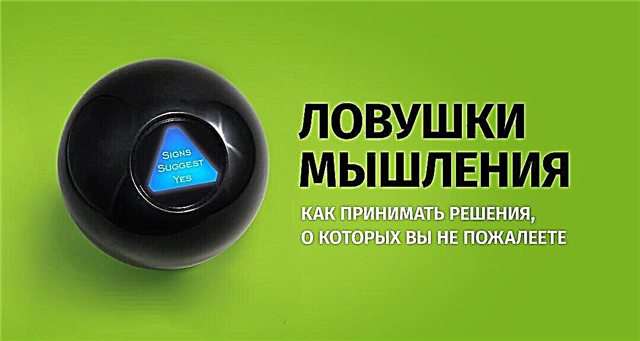 Thinking traps
Thinking traps